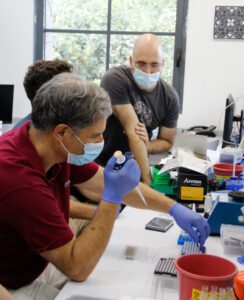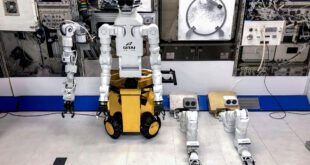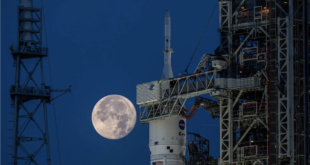
Edinburgh, 25 January 2022. – Former fighter jet pilot, Eytan Stibbe, is scheduled to become the second Israeli astronaut and the first to go to the International Space Station (ISS) in March this year.
The Rakia mission will bring 35 scientific and technological experiments into space, based on their potential and possible economic impact.
AX1, led by Axiom Space, is to be manned by three private astronauts with Stibbe leading the mission. The project is partly sponsored by the Ramon Foundation, the Israel Space Agency and the Ministry of Innovation Science and Technology. The aim is to inspire the younger generation while advancing the Israeli space industry and improving life on Earth.
During his 10-day stay, Stibbe will perform various experiments, test innovative technologies and give science lectures in Hebrew. This will be the first time that Israeli children have access to the ISS in Hebrew.
The experiments were designed by leading Israeli institutions, companies and hospitals. These include studies from the fields of medicine, astrophysics, biology, optics, communications, and agriculture among others. Some of the tests will be carried out on Stibbe himself, for example different physical analysis, visual function tests, needle-free blood tests as well as testing a special vest to protect him from radiation. Further experiments range from cosmic lightning through super-vegetables to “nano-ghosts” (nanometer-sized stem cells).
 SpaceWatch.Global An independent perspective on space
SpaceWatch.Global An independent perspective on space




